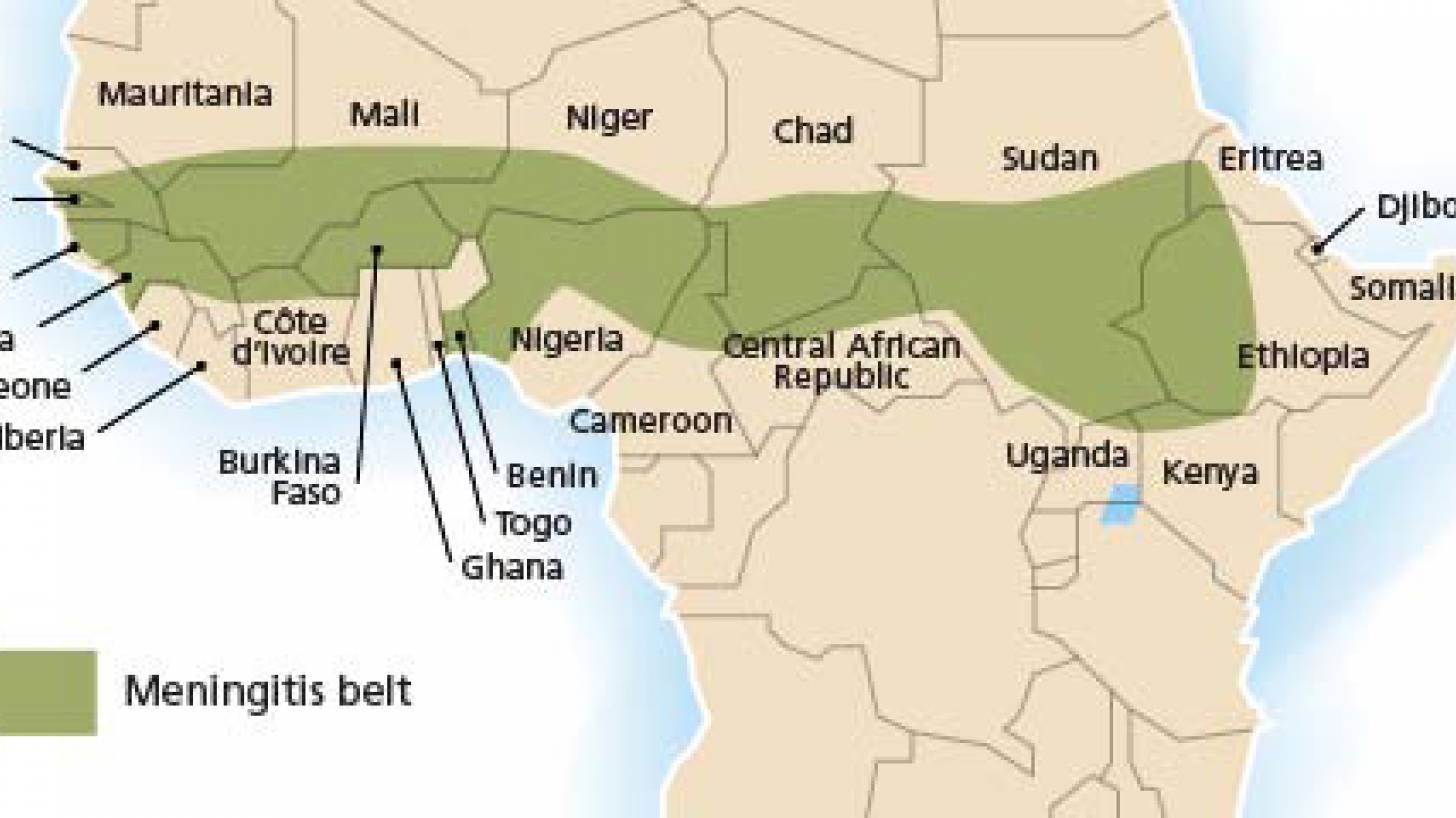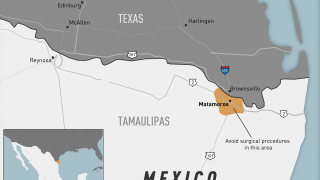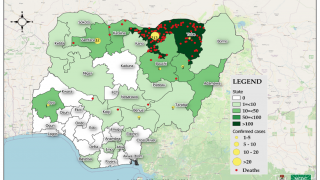Africa Acts to Stop Meningitis Outbreaks

With the COVID-19 pandemic delaying meningitis vaccination campaigns for more than 50 million children in Africa, the World Health Organization (WHO) region is at a heightened risk of outbreaks of meningitis type A, which has nearly been eliminated on the continent.
In a race against time, the WHO and partners recently launched a roadmap to stop bacterial meningitis outbreaks by 2030.
Based on reports from countries, the WHO found that meningitis control activities were reduced by 50% in 2020 compared with 2019, with a slight improvement in 2021.
On September 6, 2022, the WHO stated it is 'urging countries to implement it rapidly before the start of the meningitis season beginning in January thru June 2023.'
Moreover, the African region accounts for the highest number of new meningitis cases globally and is the only region to experience outbreaks still.
The pandemic severely disrupted meningitis prevention and control services.
The African countries of Benin, Guinea, Guinea Bissau, Nigeria, and Togo delayed campaigns with the MenAfriVac vaccine.
"The defeat of meningitis type A is one of Africa's biggest success stories in health, but the fallout from COVID-19 hampers our drive to eliminate this bacterial infection as a public health threat once and for all and could lead to catastrophic resurgences," said Dr. Matshidiso Moeti, WHO Regional Director for Africa, in a related media statement.
While no meningitis type A case has been reported in Africa during the past five years, outbreaks still occur and are caused by other types of meningococcal bacteria.
Major outbreaks caused by meningitis type C have been recorded in seven meningitis belt countries since 2013.
In 2019, 140,552 people in the African region died from all types of meningitis.
In 2021, a four-month outbreak in the Democratic Republic of the Congo claimed 205 lives.
Historically, meningitis type A was Africa's highest cause of meningitis outbreaks.
"More than 400 million Africans are still at risk of seasonal meningitis outbreaks, but the disease has remained off the radar for too long," added Dr. Moeti.
"Aside from the toll on human life, outbreaks negatively impact health systems, our fragile economies, and impoverish entire populations forced to contend with multiple health and socio-economic challenges."
Meningitis is caused by inflammation of the membranes surrounding the brain and spinal cord and is transmitted via a sneeze, saliva, or phlegm from the nose and throat of infected persons.
Acute bacterial meningitis is one of the deadliest and most disabling forms of illness. It can cause death within 24 hours and leaves one in five infected people with lifelong disability after infection, says the WHO.
In the USA, there are two types of meningococcal vaccines licensed by the U.S. FDA.
- Meningococcal conjugate (MenACWY) vaccines
- Serogroup B meningococcal (MenB) vaccines
The U.S. CDC suggests speaking with a travel vaccine expert before visiting Africa's meningitis belt.
Travelers who spend much time in the meningitis belt, especially during the outbreak season, are more likely to get this disease.
'Getting a meningococcal vaccine is the best way to protect against meningococcal disease,' says the CDC.
Additional meningitis vaccine information is posted at PrecisionVaccinations.com/Meningococcal.
Vax-Before-Travel publishes fact-checked research-based travel vaccine news.
Our Trust Standards: Medical Advisory Committee
























